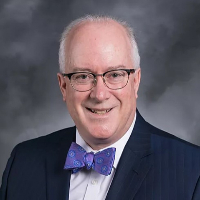South Amana Juvenile Law Lawyer, Iowa
Sponsored Law Firm
-
 x
x

Click For More Info:
-
Viner Law Firm PC
228 2nd St SE The Granby Building Cedar Rapids, IA 52401» view mapCriminal Defense An Attorney Who Will Put Your Needs First
We understand that bad things happen in the lives of good people, so we will listen to your story, gather the facts and represent you with the personal attention you deserve.
800-797-9191
Alfred Eugene Willett
Criminal, Federal Trial Practice, Juvenile Law
Al Willett is a practicing lawyer in the state of Iowa. He currently works for the privately owned firm of Viner Law Firm with experience in Federal C... (more)
Rachel R. Mccrate
Mediation, Dispute Resolution, Child Custody, Juvenile Law
Status: In Good Standing
Kelly Cwiertny
Energy, Natural Resources, Environmental Law, Juvenile Law
Status: In Good Standing Licensed: 19 Years
 Thomas Viner Cedar Rapids, IA
Thomas Viner Cedar Rapids, IA AboutViner Law Firm PC
AboutViner Law Firm PC Practice AreasExpertise
Practice AreasExpertise

